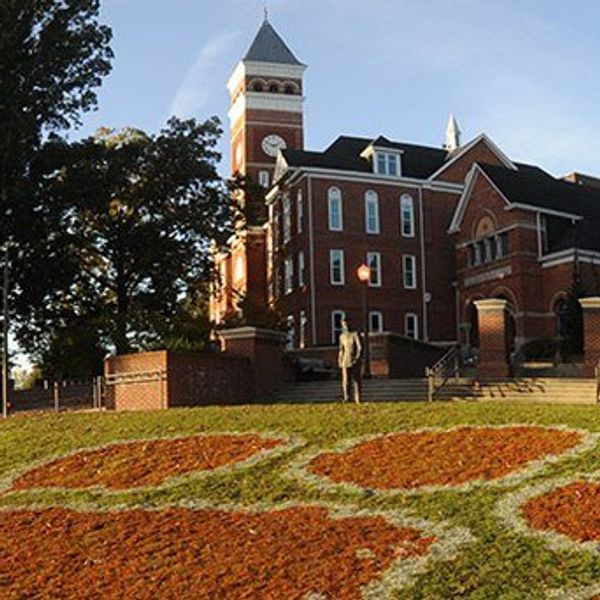It's not a secret, college is different from high school in about a million ways. Knowing what to expect for some of these changes can help ease some anxiety.
Syllabus: For 95% of college classes, everything you need to know about that class will be on that trusty packet of paper. I really appreciate these packets because I know what lies in front of me so I might be able to get ahead if the universe allows it. I only had one class in high school that did anything like a syllabus and I think they should be more common!
Grading: The scale may not be the same in each class. And some classes will be comprised of only a few grades. This makes it very easy to get either a good grade or a bad grade, with very little wiggle room. These are the type of classes where "you either get it or you don't" no matter how much effort you put in. Easily the most frustrating type of class. But then again, there are classes where there are 72 homework assignments, 8 exams, 16 quizzes, 4 projects and much more. These tedious classes have proven to be more about time management and organization than anything else; but are by no means easy, just different.
Mr./Mrs. VS. Dr.: A simple prefix is a difference I totally didn't expect. I am not sure if I am just naive and didn't know that 99% of professors have their doctorate, but low and behold they are smart. That being said, they have very little sympathy for when you have two research papers, a presentation, and three other exams due because they wrote a 200+ page dissertation most likely while raising a family and/or working full time.
Size: Generally classes are larger in college, especially 100 level general education lecture classes. Those can range up to 300 students I have heard of. That is more people than I had in my entire high school. It all depends on the college of your choice, of course. But I would say 35-40 is average for large colleges with 10,000+ students. And average high school classes are 25-30 students. But then again there are colleges like mine with a total population of 1,900 that a lecture hall class has only 32 and a specialized major class is only 11.
Attendance: I don't know any high school that will dock your grade a whole letter after 3 absences, but in college, this is all too true. If you really don't think you will be able to make it up for a 7:50 AM class on Monday, then you need to get out of it ASAP. I have a friend that failed a class just on the fact that he overslept too many classes even though he had gotten a solid B on assignments. It is also dependent upon which college and professor. In this area, communicating your absences, whether excused or not, is key.
Scheduling: I had absolutely no idea what kind of headache scheduling college classes caused until I was one of the last to schedule and then spend 1.5 hours reworking my whole fall 2016 semester. In high school, appreciate having your schedule practically done for you each year, because in college, you once again are responsible for yourself and must adult your way through.
I know this may sound like college classes are ridiculously hard and professors have hearts of ice, but that is not the point. The point is that when in college, students are learning to be responsible. Responsible for yourself, for your actions, and for your experience. Without a little hard push, we really wouldn't want to go anywhere or learn anything. So don't be mad, just embrace the change because it is exactly what you will need. And if it really does prove to be too much, it is not the end of the world to take a detour, whether that means dropping a class, taking a semester off, or transferring schools, or just getting some TLC at home for a weekend.
- Why Your Junior Year Of College Is The Hardest ›
- When Professors Make College Harder Than It Needs To Be ›
- High School Came So Easy to Me. Why Is College So Hard? ›





















